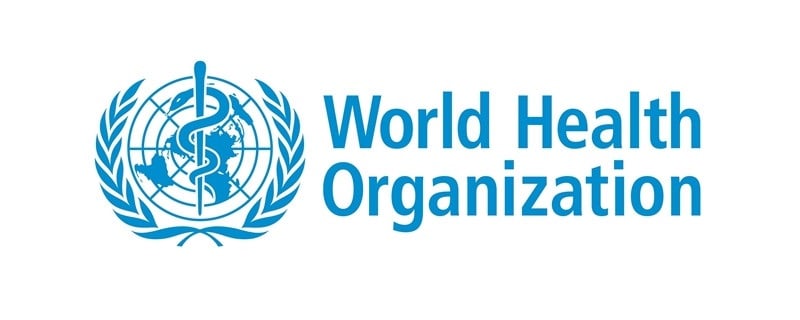WHO Reiterates: Tobacco remains a major threat to global health

The World Health Organisation Framework Convention on Tobacco Control (WHO FCTC) has once again sounded the alarm, underscoring the persistent threat that tobacco, in all its forms, poses to human life and well-being. Despite ongoing efforts to combat the tobacco menace, WHO FCTC reports that an alarming eight million lives are lost every year due to tobacco consumption, either directly or indirectly.
Sabina Timco, Secretary of WHO FCTC, delivered this sobering message during a press briefing hosted by the Network for Accountability of Tobacco Transnationals, in preparation for the forthcoming Global Tobacco Treaty Intergovernmental Negotiations scheduled for late November in Panama. As the 10th annual conference approaches, WHO is calling for comprehensive industry regulation to safeguard lives.
During a virtual event, Timco emphasized, “Tobacco has been and continues to be a major threat to health, life, well-being, not only of humans but also the planet. Tobacco is indeed a heavy burden on human life and the environment.”
The grim statistics are staggering: of the eight million lives lost annually, seven million succumb to the use of tobacco products, while an additional 1.3 million are lost due to exposure to tobacco smoke.
Timco further disclosed that a significant hurdle faced by WHO FCTC is the ongoing counter efforts employed by the tobacco industry to obstruct regulatory measures. She stated that the meeting’s overarching objective is to protect current and future generations from the profound health, social, environmental, and economic consequences of tobacco consumption and exposure to tobacco smoke.
In her words, “The interference by the tobacco group and individuals that further the tobacco interest has been reported by the parties as the single most important barrier in implementing the treaties. We must remain vigilant and resolute in our efforts to counter the tobacco industry’s obstruction.”
Labram Musah, the Kenyan representative, highlighted the tobacco industry’s use of the entertainment sector to normalize tobacco use. He pointed out the prevalence of tobacco advertising, promotion, and sponsorship in the entertainment media, particularly in movies targeting women and children.
Musah noted the introduction of so-called ‘harm reduction’ products by tobacco industry players as a means of sustaining their market presence. These products, including e-cigarettes and oral nicotine, pose classification challenges, particularly in Africa. The critical question remains whether these products should be classified as tobacco products, and if so, how to regulate them effectively.
Speakers at the event included Keltie Vance, Deputy Campaign Director of Corporate Accountability, Labram Musah, Executive Director of VALD Ghana, and Norman Maldonado.
As the battle against tobacco’s detrimental impact continues, it is essential for global communities to remain committed to robust regulation and public awareness campaigns to protect lives and ensure a healthier future.



